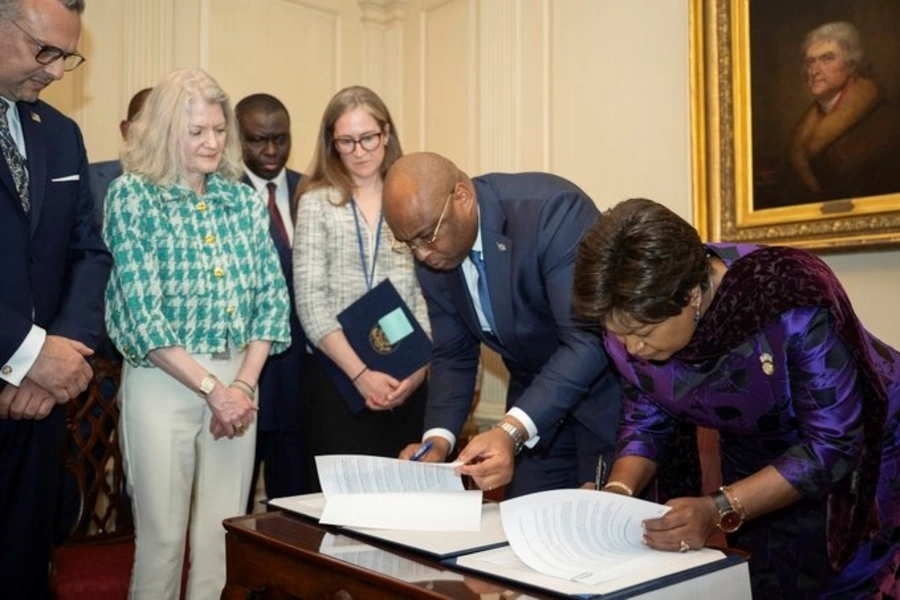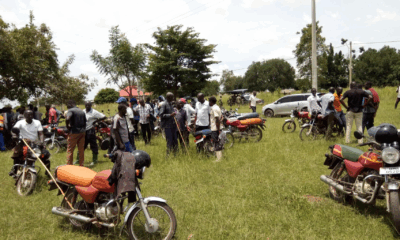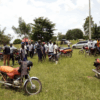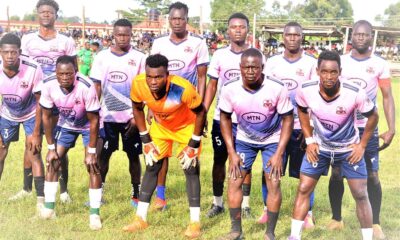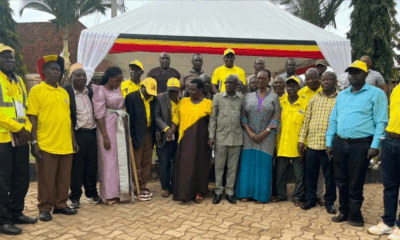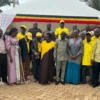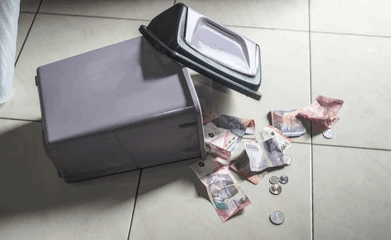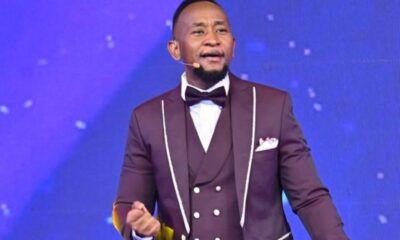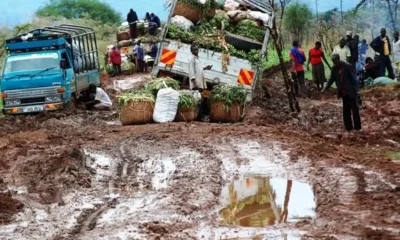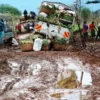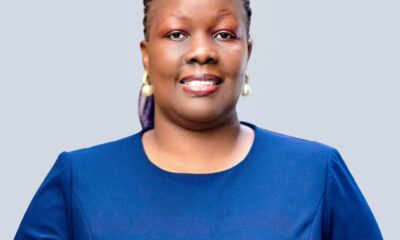Opinions
DRC and Rwanda; Peace In Theory
On June 18, representatives from Rwanda and the Democratic Republic of Congo initialed a peace agreement set for ministerial signature at the end of the week. President Trump boasted in May that his team had “helped settle a war that’s been raging for years, Rwanda and the Congo. And I think we’ve done it.” Certainly the latest developments appear to be a diplomatic triumph for the United States and Qatar, the countries that have jointly mediated the talks.
But while an agreement to respect states’ territorial integrity and to disarm nonstate armed groups is welcome, actual implementation seems, for the moment, implausible. The M23 rebel force is backed by Rwanda but is largely comprised of Congolese fighters. Is this group that has seized Goma and Bukavu simply going to dismantle their parallel administrations and give up their territorial gains? The scores of armed groups that have operated in mineral-rich eastern Congo for decades—despite the efforts of the Congolese security forces, a massive UN peacekeeping mission, and military interventions from multiple African states and subregional organizations—will be disarmed? By whom?
The Trump administration deserves credit for paying attention to this conflict. But it’s possible that their theory of the case—that the terrible logic of eastern Congo’s crisis can be altered by the American commitment to invest in infrastructure, mineral extraction, and processing, ostensibly offering a more lucrative future than a continued war economy promises—is flawed. That kind of investment requires security, and the M23 and FDLR are far from the only insurgents in the region. The total disarmament and disbanding of those two groups do not mean that peace will prevail.
Moreover, Congo’s crisis of governance is a large part of what has led to violence and lawlessness in the east. It’s a country with a completely broken social compact, and a history of exploitation has led many to be profoundly suspicious of external actors like the United States. Religious leaders have been working to focus attention on these issues and to empower Congolese citizens to shape their future, a project that political leaders may find less compelling if they are assured of external support in exchange for mineral access. Efforts by Congolese President Tshisekedi’s allies to cast the church’s effort as part of a coup suggest that the government in Kinshasa has little interest in addressing the root causes of the state’s disarray.
Today, fighting persists on the ground. Agreements may be signed, handshakes photographed, elites (at least temporarily) satisfied, and victory declared while local realities change very little. It may be that “solving” the problem requires more complexity and tenacity than the current mediators are willing to supply.
The author Michelle Gavin is the Ralph Bunche Senior Fellow for Africa Policy Studies. From 2011 to 2014, she was the U.S. ambassador to Botswana and served concurrently as the U.S. representative to the Southern African Development Community (SADC).
Comments



